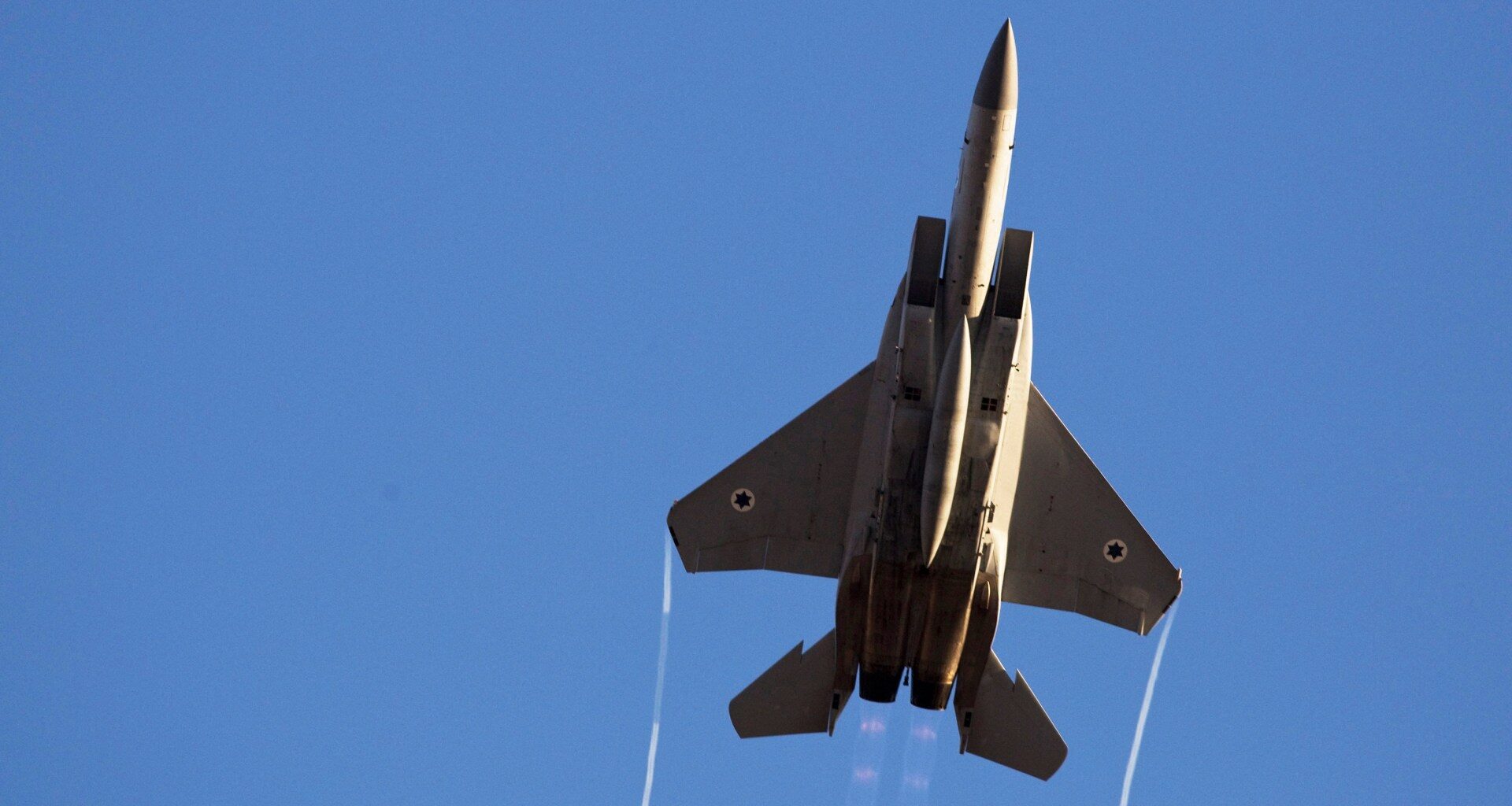Latest Israeli attacks are a continuation of Israel’s ‘aggressive escalations’, says Syrian Foreign Ministry.
Published On 9 Sep 20259 Sep 2025
Syria has “strongly condemned” Israeli attacks on several sites in and around Homs city in the west of the country and around the coastal city of Latakia.
The Israeli air strikes in the early hours of Tuesday represent “a blatant violation of the sovereignty of the Syrian Arab Republic”, the country’s Ministry of Foreign Affairs said in a statement.
Recommended Stories list of 4 itemsend of list
The ministry also described the Israeli attacks as “a direct threat” to Syrian security and regional stability, the official Syrian Arab News Agency (SANA) said.
SANA did not provide details on the size of the attacks on Homs and Latakia, or possible casualties following the strikes.
The United Kingdom-based Syrian Observatory for Human Rights (SOHR) said Israeli warplanes attacked a Syrian air force base in Homs, where locals heard huge explosions, though there were no initial reports of casualties.
In Latakia, Israeli fighter jets attacked a military barracks, and locals reported that ambulances were heard rushing to the scene of the strikes, though there were also no initial reports of casualties in that attack.
Israel’s continuing and unprovoked attacks on Syria are “part of a series of aggressive escalations pursued by Israel against Syrian territory”, and the government rejects “any attempts to undermine its sovereignty or harm its national security”, the Foreign Ministry said in its statement.
The ministry also called on the international community, particularly the United Nations Security Council, to take a “clear and firm stand to put an end” to the Israeli attacks, which the ministry said are a “flagrant violation” of international law and the principles of the UN Charter, SANA said.
Israel has launched hundreds of strikes on military sites and assets across Syria since the fall of former leader Bashar al-Assad in December. It has also expanded its occupation of the Syrian Golan Heights by seizing the demilitarised buffer zone, a move that violated a 1974 disengagement agreement with Syria.
According to the SOHR, Israel has carried out almost 100 attacks so far this year, including 86 strikes from the air and 11 attacks by ground forces, destroying some 135 sites in the country and killing 61 people.
In just the period between December 8, 2024 – the date of the fall of al-Assad – and December 31, 2024, Israel carried out more than 500 air attacks on targets across the country.
While Israel had for years waged a secretive campaign of aerial bombardment against Syria’s military infrastructure, its attacks on its neighbour have ramped up since the war on Gaza and the fall of al-Assad.
In late August, six Syrian soldiers were killed in an Israeli drone attack on Damascus, which came a day after a ground incursion into Syrian territory by Israeli troops.
The attacks on Syria come amid Israeli Prime Minister Benjamin Netanyahu’s promotion of a vision for a “Greater Israel“, a concept supported by ultranationalist Israelis that lays claim to the occupied West Bank and Gaza, as well as parts of Lebanon, Syria, Egypt and Jordan.
After violence in southern Syria’s Suwayda on July 13 between Bedouin tribal fighters and Druze factions, government forces were sent in to quell the fighting. But the bloodshed worsened, and Israel carried out strikes on Syrian troops and bombed the heart of the capital, Damascus, under the pretext of protecting the Druze.
Syrian and Israeli officials held talks in Paris mediated by the United States in the wake of the Suwayda violence, but any progress seems to have been stymied by continued Israeli military intervention in Syria.

